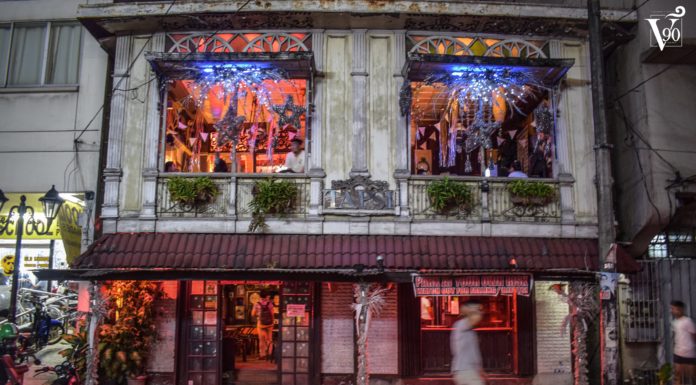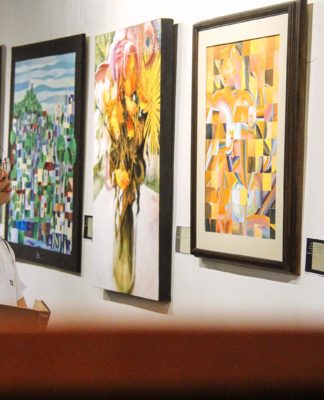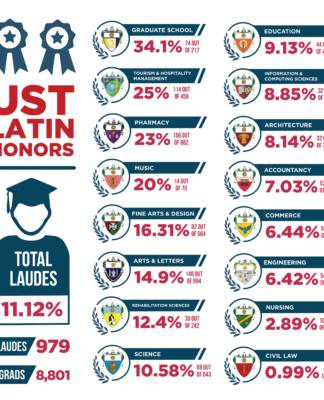CHILDREN with “special needs” belong to a regular classroom, not in special schools, according to UST’s education experts.
The College of Education, College of Rehabilitation Sciences, College of Science, Faculty of Medicine and Surgery and the Research Center for Culture, Education and Social Issues (RCCESI) have begun a project advocating for “inclusive education” that seeks to put children with disabilities in regular classrooms instead of special education centers.
The program will assess, through research, the learning needs of children and the most common learning disabilities in eight areas: Pasig and Makati in the National Capital Region, Laguna and Albay in Luzon, Cebu and Capiz in Visayas, and Caraga and Butuan in Mindanao, said Maripia Rabacal, assistant professor at the College of Education, the lead unit.
The project team is composed of eight researchers: assistant professors Marichou Beltran and Bernard Saldivar of the College of Education; College of Science Assoc. Prof. Marie Antonette Vargas; College of Rehabilitation Sciences assistant professors Donald Lipardo, Georgina Mojica and Karen Ongtangco; Hubert Ramos of the Faculty of Medicine and Surgery and RCCESI Research Associate Eleanor Bahrami-Tranquilin.
“The inclusive education program will help public school teachers develop skills in handling children with disabilities and special needs,” Bahrami-Tranquilin told the Varsitarian in an interview.
The program will develop screening tools based on the inclusive education program of the Department of Education, to let teachers know the condition of students in their areas.
“The screening tools will help the teachers in monitoring the progress of the students in learning. Teachers will be able to determine how their students are doing in terms of their cognitive development as well as physical development,” Rabacal explained.
The program will also come up with “Pre-referral Intervention Manuals,” which will seek develop gross motor skills, fine motor skills, cognitive skills, communication skills, social emotional skills and self-help skills of the children with special needs, according to the UST website.
The proposal for an inclusive education project was made by an international funding agency in 2011 during the term of Fr. Rolanda de la Rosa, O.P. as rector, and was approved in June 2014.
The push for inclusive education is based on the United Nations Educational, Scientific and Cultural Organization’s Salamanca Statement of 1994, an international agreement that states that all persons with disabilities should learn in the least restrictive environment, the general education program.

















